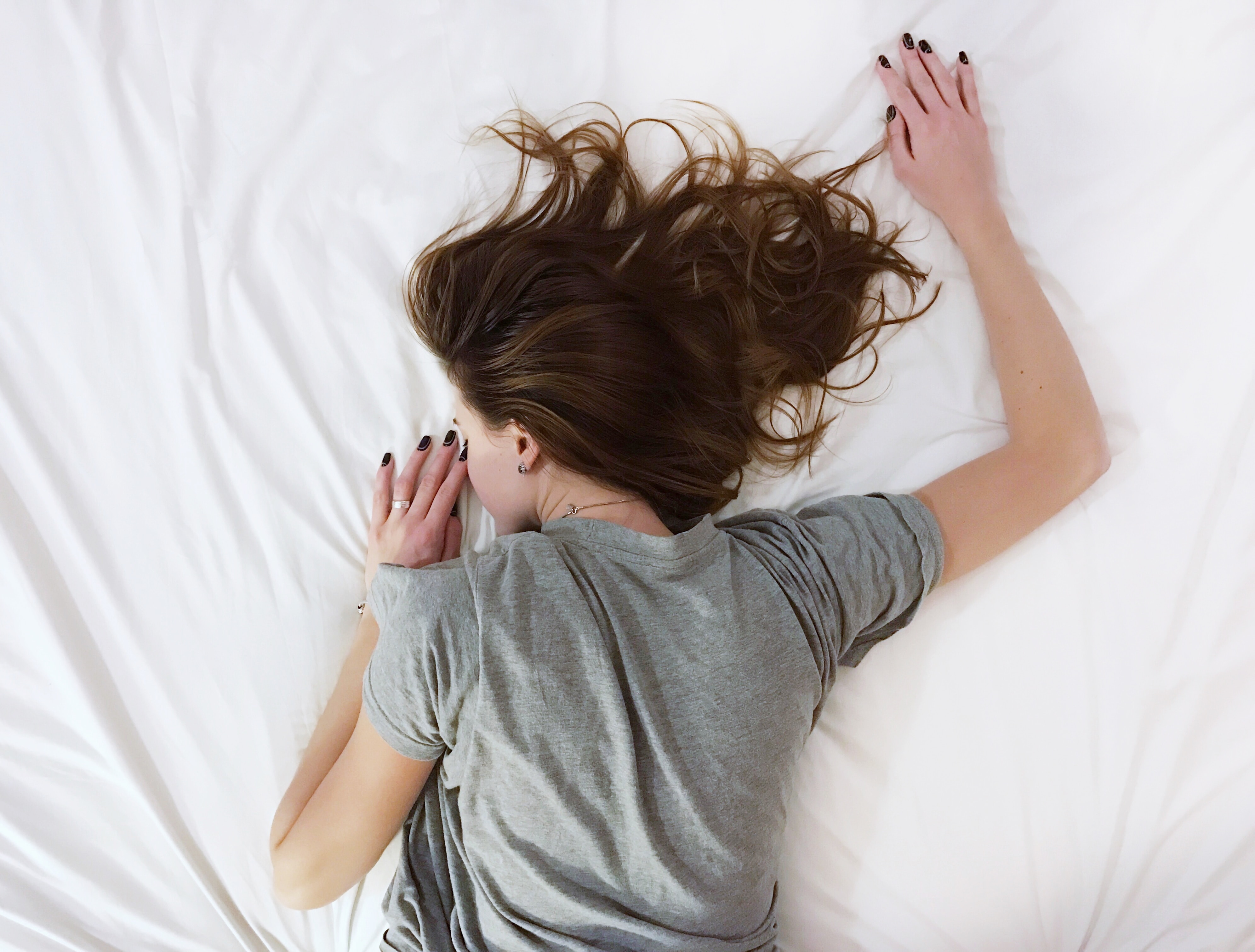Tried counting sheep or drinking a warm glass of milk, but still having a hard-time getting to sleep at night? Researchers from the University of Pennsylvania School of Medicine have found that about 25 percent of Americans experience acute insomnia each year. However, sleepless nights don’t have to be your norm. Here are 5 ways to get a better night of sleep by taking a few steps to plan ahead:
Kick your smart phone out of the bedroom. You aren’t doing yourself any favors by texting non-stop before bedtime. Blue spectrum light from devices triggers daytime hormones and suppresses melatonin, plus they emit radiation that can disrupt sleep. If you prefer to read books or check social feeds from tablets or your phone, at least check out apps that are blue light blockers. Ideally though, it’s better for your bedtime routine to keep devices out of sight, out of mind. Monitoring a crisis situation or expecting an important call? Motivational speaker and television personality Mel Robbins has compromised by moving her smart phone nearby into the bathroom adjacent to her bedroom. That way she doesn’t miss a last-minute call from news shows asking for commentary on breaking situations, but it doesn’t disrupt her shut eye as the rule.
Create a sleep sanctuary. According to experts at Mii Amo Destination Spa in Sedona, Arizona, you can start creating a sleep sanctuary by keeping work out of the bedroom, add fresh air whenever possible and adding plants to naturally soak up toxins. They recommend keeping your bedroom cool; the optimum room temperature for sleep is 60-68 degrees Fahrenheit. In addition, sleeping in total darkness is best since light in your bedroom suppresses melatonin. Hey, I’m a believer. Using a sleep mask has improved the quality and consistency of my slumber.
Develop consistent bedtime rituals. Creating a regular pre-bedtime routine tells your body it is time to start shifting into sleep mode. Keeping near that same schedule, even on weekends, will help you fall asleep easier. Can’t fall asleep sometimes because your mind never shuts down? Plan to take things down a notch at least an hour or two before your desired bedtime. Some people use meditation apps or listen to bedtime stories for grownups. Others drink hot drink teas or take supplements like valerian or melatonin that can help you relax and welcome shut-eye.
Be mindful about beverage consumption. Since caffeine impacts the nervous and endocrine system, consider cutting back on highly-caffeinated drinks by early afternoon. REM sleep is disrupted when there is alcohol in your system, so experts advise to stop drinking at least three hours before bed and drink a cup of water for every cup of alcohol in your system. Watch late night water consumption too though. Try to get your minimum of eight glasses a day in early and mainly sip water during the evening so you don’t wake up constantly to relieve a full bladder.
Avoid post-dinner snacking. One of my fondest memories of freshman year of college was being able to order pizza after midnight, usually after drinking at a party – no wonder I was an insomniac and doubled the typical “Freshman 15” weight gain within six months. Nutritionists recommend not eating at least two to three hours before bedtime to promote healthy digestion, avoid heartburn and get a better night of sleep. Super hungry and it won’t pass? Then pick a light, easily digestible snack like a banana.
What practices help you get a better night of sleep?


